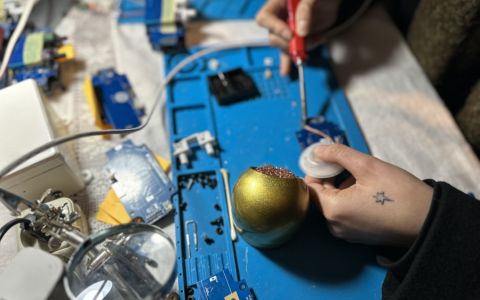The neonatological department of the hospital in České Budějovice started systhematic replacement of medical devices with the content of PVC softened by phthalates by safer material. The hospital has already replaced 90% of the risky devices for longterm use in intensive and resuscitation care.
„At first we concentrated attention on devices that were most frequently used in our department. In this way we want to minimize the burden represented by phthalates to which our patients would be exposed, as quickly as possible. We have substituted PVC by a safer material, for example catheters that are put to patients´ vessels or compartments of breathing apparatus,“ said head physician Dr. Milan Hanzl.
The hospital started with the gradual replacement of the medical devices about year ago. „We had to make so called PVC audit – i.e. a material review of all medical devices – in order to know what shall be actually replaced. We have found out during the review that PVC is in 60% of the most frequently used medical devices. Then we started talking with suppliers to find out which alternatives are available on the market. However, there are still products to which producers have no alternatives. In spite of this we succeeded to subsitute PVC from the 90% of devices and we are willing to go on with that,“ Hanzl added.
Medical devices made of PVC are dangerous because toxic phthalates leak from them during their use. Most frequently it is di(2-ethylhexyl) phthalate (DEHP) which endangers reproductive functions, causes congentital malformations, cardiovascular problems and infertility. It can also harm the kidneys and liver in which it accumulates. „Child organism is generally more sensitive to the impact of toxic chemicals, and that is why it is important not to expose children to any burden uselessly,“ said Miroslava Jopková, coordinator of the campaign Don't Play with PVC.
Activities of Arnika are supported by grant from Iceland, Lichtenstein and Norway within the Finantial mechanism of EEC and Norwegian Finantial Mechanism by the Foundation for the Development of Civil Society (NROS).






